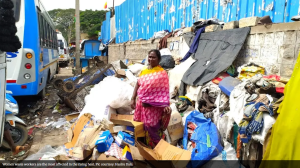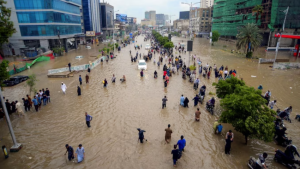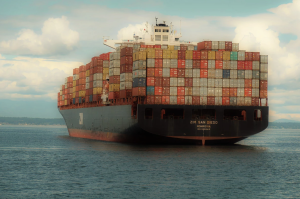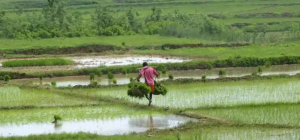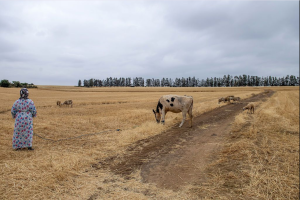
5 Hybrid Crops That Could Thrive In Climate Change
Hybrid crops—created by cross-breeding two plant varieties—are emerging as a key solution to climate change–driven challenges like drought, heat, and pests. While traditional crops struggle with erratic weather, hybrids offer greater resilience, yield stability, and adaptability. Researchers are developing hybrid maize, rice, and wheat that thrive under extreme conditions while improving water-use efficiency and nutrient uptake. However, concerns remain about dependence on seed companies, biodiversity loss, and higher seed costs. Experts stress public-private partnerships and local breeding programs to ensure equitable access and protect crop diversity.

